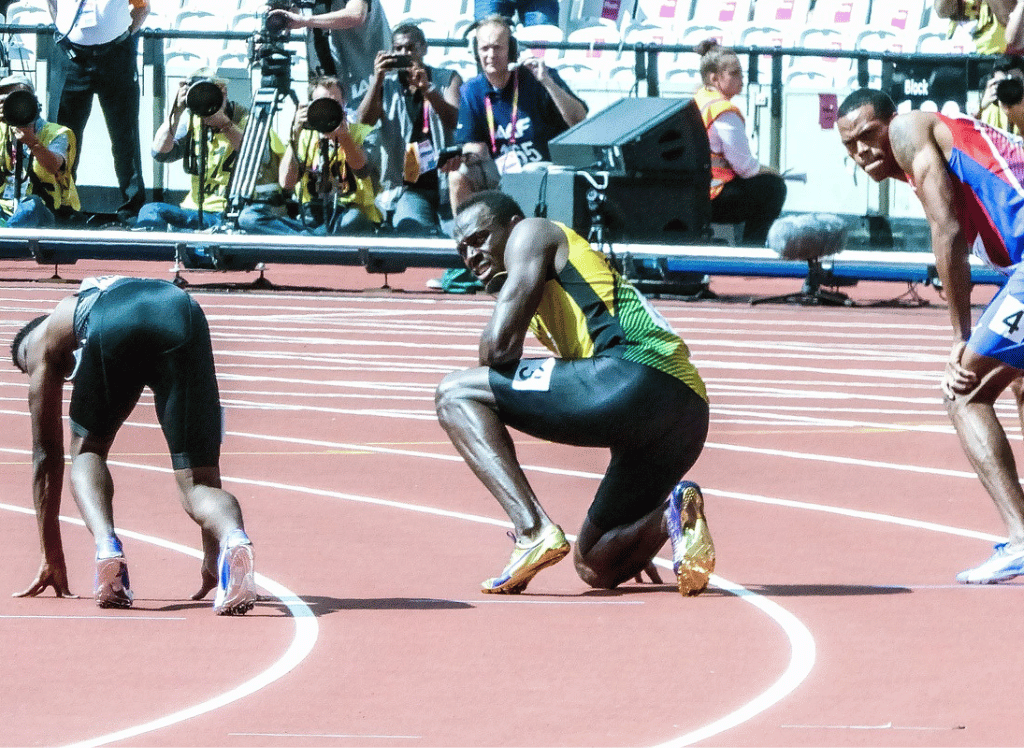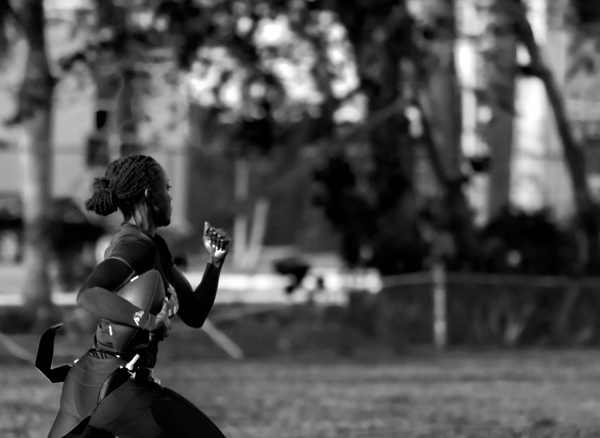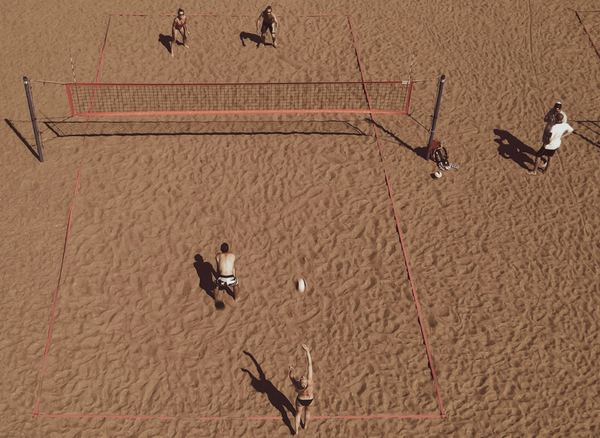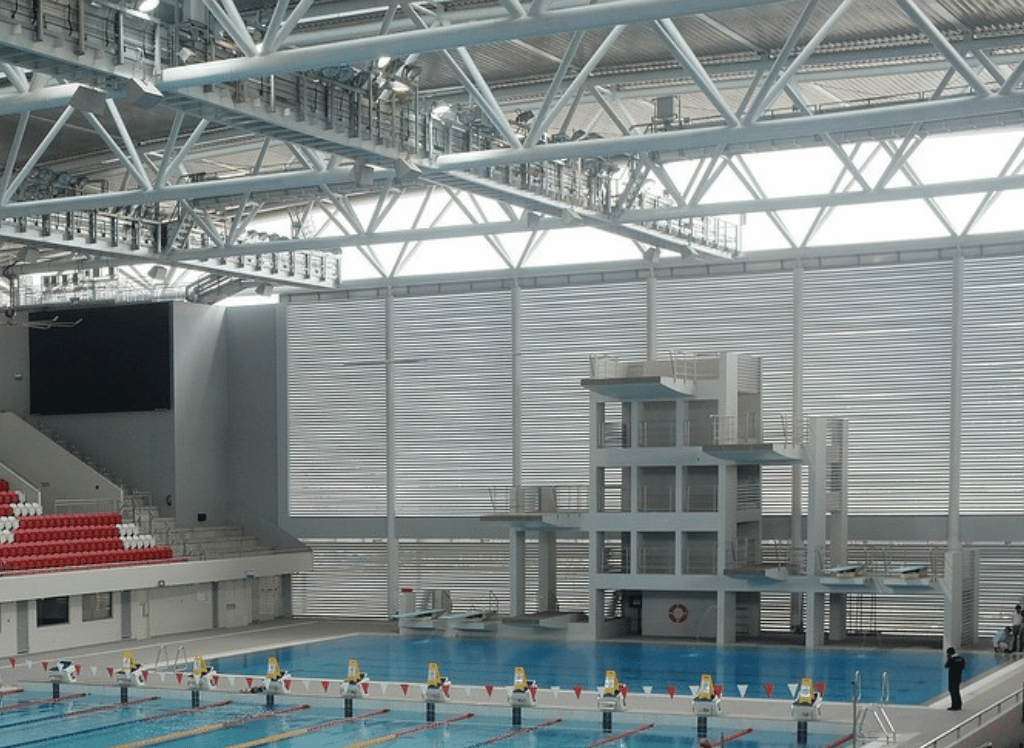The Olympic Games are the pinnacle of athletic achievement, where athletes from around the world compete for the coveted gold, silver, and bronze medals. But what about the heroes behind the scenes – the coaches?
The Role of Coaches in the Olympics
Coaches are the backbone of any successful Olympic team. They are the ones who train, motivate, and strategize to ensure their athletes perform at their best. Whether it's individual sports like swimming or team sports like basketball, coaches play a vital role in the success of their athletes.
In ancient Greece, the concept of coaching was already present, with mentors guiding young athletes to victory. Fast forward to the modern Olympics, and the role of coaches has only become more significant. They are the ones who devise training plans, analyze competitors, and provide the mental and emotional support needed to excel on the world stage.
Do coaches get Olympic medals?
No, coaches do not receive official Olympic medals. The International Olympic Committee (IOC) awards medals only to athletes who compete and win in their respective events. However, this does not mean that coaches go unrecognized for their hard work and dedication.
In some countries, coaches are given special awards, bonuses, or other forms of recognition for their contributions to their athletes' success. For example, in Sweden and Norway, the government and sports organizations often provide financial rewards and honors to coaches who have led their athletes to Olympic victory.
The Importance of Team Spirit
Team spirit is a crucial element in the success of any Olympic team. Coaches are responsible for fostering a sense of unity and camaraderie among their athletes. This is especially important in team sports, where coordination and cooperation are key to winning.
A great example of team spirit can be seen in the case of the U.S. women's gymnastics team, also known as the "Final Five," who won the gold medal at the 2016 Rio Olympics. Their coach, Marta Karolyi, played a significant role in building a strong team dynamic, which ultimately led to their victory.
Recognition Beyond Medals
Many countries and sports organizations have their own methods of honoring coaches. For instance, in addition to financial rewards, coaches may receive special awards, public recognition, and even honorary titles.
In some cases, coaches are also celebrated by their athletes. For example, after winning a gold medal, athletes often publicly thank their coaches and acknowledge their hard work and dedication. This public recognition can be just as meaningful as an official medal.
The Financial Aspect
The financial rewards for coaches can vary greatly depending on the country and the sport. In some countries, coaches receive substantial bonuses for their athletes' success. For example, in Norway, the government provides significant financial support to coaches who have led their athletes to Olympic victory.
On the other hand, in some countries, coaches may not receive any financial rewards at all. This disparity highlights the need for a more standardized approach to recognizing and rewarding coaches for their contributions to the success of their athletes.
The Role of the International Olympic Committee
The International Olympic Committee (IOC) plays a crucial role in the organization and execution of the Olympic Games. While the IOC does not award medals to coaches, it does recognize the importance of coaching in the success of athletes and teams.
The IOC has various programs and initiatives aimed at supporting coaches and improving coaching standards worldwide. These programs provide training, resources, and support to coaches, helping them to develop their skills and better support their athletes.
The Impact of Coaching on Athletic Careers
Coaching can have a profound impact on an athlete's career. A great coach can help an athlete reach their full potential, while a poor coach can hinder their progress. This is true for both individual sports and team sports.
For example, legendary track and field coach Brooks Johnson has coached numerous athletes to Olympic success, including gold medalist sprinter Evelyn Ashford. His expertise and guidance have been instrumental in shaping the careers of many top athletes.
The Emotional Rewards
While financial rewards and public recognition are important, many coaches find the emotional rewards of coaching to be the most fulfilling. Seeing their athletes succeed and achieve their goals can be incredibly rewarding for coaches.
For example, when an athlete wins a gold medal, the joy and pride that their coach feels can be just as intense as if they had won the medal themselves. This emotional connection and sense of accomplishment are often what drive coaches to continue their work.
The Challenges of Coaching
Coaching is not without its challenges. Coaches often face immense pressure to deliver results, and the demands of the job can be physically and emotionally draining. They must constantly adapt their strategies and training methods to stay ahead of the competition.
In addition, coaches must also navigate the complexities of working with athletes from diverse backgrounds and dealing with the various personalities and dynamics within a team. This requires a high level of skill, patience, and understanding.
The Future of Coaching in the Olympics
As the Olympic Games continue to evolve, the role of coaches will only become more important. Advances in technology and sports science are providing coaches with new tools and resources to help their athletes succeed.
In the future, we may see more standardized recognition and rewards for coaches, as well as increased support and resources from organizations like the IOC. This will help to ensure that coaches can continue to play a vital role in the success of their athletes and teams.
The Role of Technology in Coaching
Technology has revolutionized the way coaches train and support their athletes. From video analysis to wearable technology, coaches now have access to a wealth of data and tools that can help them optimize their training programs and strategies.
For example, video analysis software allows coaches to break down an athlete's performance frame by frame, identifying areas for improvement and making precise adjustments to their technique. This level of detail and precision can make a significant difference in an athlete's performance.
The Importance of Mental Training
In addition to physical training, mental training is also a crucial aspect of coaching. Coaches must help their athletes develop the mental toughness and resilience needed to compete at the highest level.
This can involve techniques such as visualization, goal setting, and mindfulness training. By helping their athletes develop a strong mental game, coaches can give them the edge they need to succeed in the highly competitive environment of the Olympic Games.
The Role of Nutrition in Athletic Performance
Nutrition is another key area where coaches play a vital role. Proper nutrition is essential for optimal athletic performance, and coaches must ensure that their athletes are fueling their bodies with the right nutrients.
This can involve working with nutritionists to develop personalized meal plans, monitoring an athlete's diet, and providing guidance on supplements and hydration. By ensuring that their athletes are properly nourished, coaches can help them perform at their best.
The Importance of Recovery
Recovery is a critical aspect of training that is often overlooked. Coaches must ensure that their athletes are getting adequate rest and recovery to prevent injuries and maintain peak performance.
This can involve techniques such as massage, stretching, and ice baths, as well as ensuring that athletes are getting enough sleep and managing their stress levels. By prioritizing recovery, coaches can help their athletes stay healthy and perform at their best.
The Role of Sports Psychology
Sports psychology is another important aspect of coaching. Coaches must help their athletes develop the mental skills needed to handle the pressures of competition and perform at their best.
This can involve working with sports psychologists to develop strategies for managing stress, building confidence, and maintaining focus. By addressing the psychological aspects of performance, coaches can help their athletes achieve their full potential.
Importance of Communication
Effective communication is essential for successful coaching. Coaches must be able to clearly convey their instructions and feedback to their athletes, as well as listen to their concerns and needs.
This requires strong interpersonal skills and the ability to build trust and rapport with athletes. By fostering open and honest communication, coaches can create a positive and supportive training environment.
The Role of Leadership
Leadership is another key aspect of coaching. Coaches must be able to inspire and motivate their athletes, as well as lead by example.
This involves setting high standards, demonstrating a strong work ethic, and maintaining a positive attitude. By being a strong leader, coaches can help their athletes stay focused and motivated, even in the face of challenges.
The Importance of Adaptability
Adaptability is a crucial skill for coaches. They must be able to adjust their training plans and strategies based on the needs and progress of their athletes, as well as the ever-changing landscape of sports.
This requires a willingness to learn and stay up-to-date with the latest developments in sports science and coaching techniques. By being adaptable, coaches can ensure that they are providing the best possible support to their athletes.
The Role of Experience
Experience is invaluable in coaching. Coaches who have been through the highs and lows of competition can provide valuable insights and guidance to their athletes.
This experience can help coaches anticipate challenges and develop effective strategies for overcoming them. By drawing on their experience, coaches can help their athletes navigate the complexities of competition and achieve their goals.
The Importance of Passion
Passion is a driving force behind successful coaching. Coaches who are passionate about their work are more likely to go the extra mile for their athletes and stay committed to their goals.
This passion can be contagious, inspiring athletes to work harder and stay motivated. By bringing passion to their coaching, coaches can create a positive and energetic training environment.
The Role of Support Systems
Support systems are essential for both athletes and coaches. Coaches must have access to resources and support from their organizations, as well as a network of colleagues and mentors.
This support can help coaches stay motivated and continue to develop their skills. By having a strong support system, coaches can provide the best possible support to their athletes.
The Importance of Balance
Balance is crucial for coaches. They must be able to balance the demands of their job with their personal lives, as well as the needs of their athletes with their own well-being.
This requires effective time management and self-care strategies. By maintaining a healthy balance, coaches can stay energized and focused, and provide the best possible support to their athletes.
Olympic Coaches FAQs
Do coaches get Olympic medals?
No, coaches do not receive official Olympic medals. The International Olympic Committee awards medals only to athletes who compete and win in their respective events. However, coaches are often recognized in other ways, such as special awards, bonuses, and public recognition.
How are coaches recognized for their contributions?
Coaches are recognized in various ways, depending on the country and sport. Some countries provide financial rewards, special awards, and public recognition for coaches who have led their athletes to Olympic success. Athletes also often publicly thank their coaches and acknowledge their hard work and dedication.
What is the role of the International Olympic Committee in supporting coaches?
The International Olympic Committee (IOC) has various programs and initiatives aimed at supporting coaches and improving coaching standards worldwide. These programs provide training, resources, and support to coaches, helping them to develop their skills and better support their athletes.
Summary
Coaches may not receive official Olympic medals, but their contributions to the success of their athletes are invaluable. From fostering team spirit to providing emotional support, coaches play a crucial role in the Olympic Games. While the recognition and rewards for coaches vary, their impact on athletic careers is undeniable. As the Olympics continue to evolve, the role of coaches will only become more important, and their contributions will continue to be celebrated in various ways.








